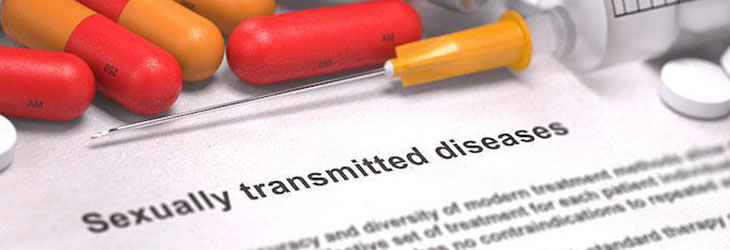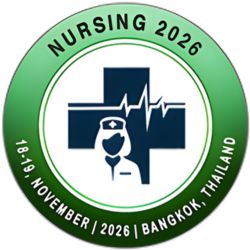Track: Sexually Transmitted Diseases (STD)

Pathophysiology
Pathophysiology is the study of the physiological processes and
mechanisms that occur in the body during disease or injury. It focuses on
understanding how normal body functions are altered by illness, including the
molecular, cellular, and organ-level changes. This knowledge is crucial for
diagnosing, treating, and preventing various medical conditions.
HIV/AIDS & STDs
HIV/AIDS is a viral infection that weakens the immune system by
targeting CD4 cells, making the body vulnerable to opportunistic infections.
Sexually transmitted diseases (STDs) are infections spread through sexual
contact. Both HIV/AIDS and STDs share similar risk factors and can have severe
health consequences, including infertility, if untreated.
STDs & Infertility
Sexually transmitted diseases (STDs), such as chlamydia,
gonorrhea, and syphilis, can lead to infertility if left untreated. Chronic
infections may cause scarring or damage to the reproductive organs, including
the fallopian tubes, leading to complications like ectopic pregnancy or
inability to conceive. Early detection and treatment are crucial for preserving
fertility.
Pelvic Inflammatory Disease (PID)
Pelvic inflammatory disease (PID) is an infection of the female
reproductive organs, often caused by untreated STDs like chlamydia or
gonorrhea. PID can lead to severe complications, such as chronic pelvic pain,
infertility, or ectopic pregnancy, if left untreated. Early diagnosis and
antibiotic treatment are essential to prevent long-term damage.
Scientific Highlights
- Nursing in Healthcare
- Nursing Education and Research
- Primary Health Care
- Nursing and healthcare informatics
- Nursing in Women's Health
- Pediatrics and Neonatal Nursing
- Critical Care and Emergency Nursing
- Occupational nursing and Safety Health
- Role of Nurses in Covid 19 Pandemic
- Midwifery
- Patient Safety and Nursing Care Quality
- Infection, Prevention and Control
- Gynecology and Obstetrics
- Cervical Cancer
- Pregnancy Care and Child Birth
- Sexually Transmitted Diseases (STD)
- Urogynecology


